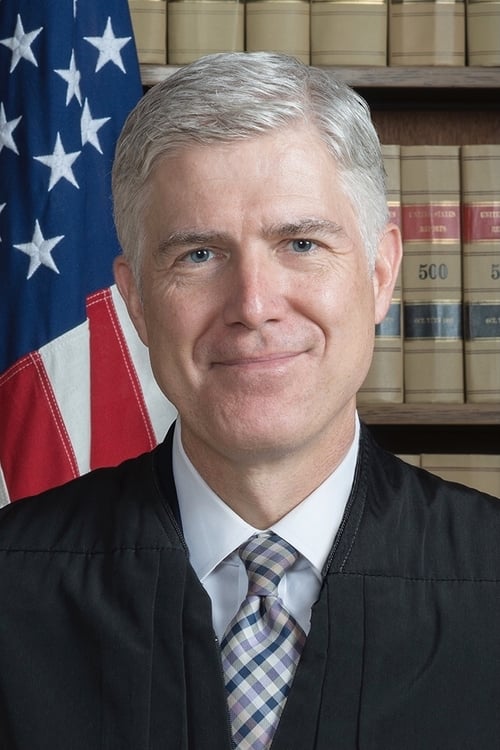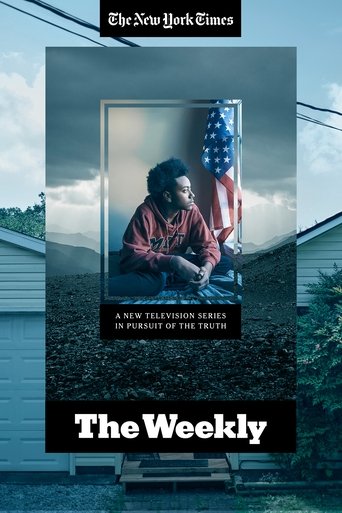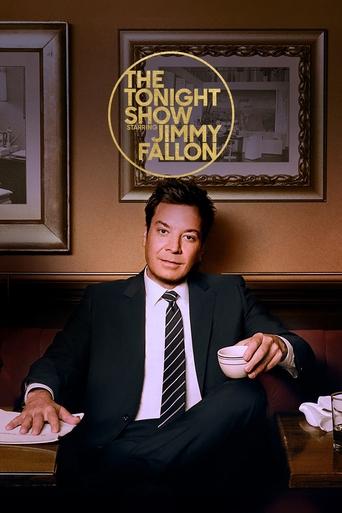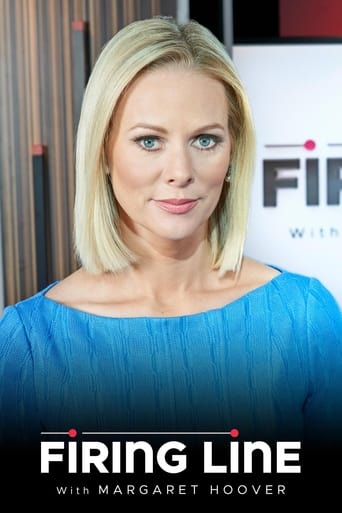
Neil Gorsuch
58 years old
overview
Neil McGill Gorsuch (born August 29, 1967) is an American jurist who serves as an associate justice of the Supreme Court of the United States. He was nominated by President Donald Trump on January 31, 2017, and has served since April 10, 2017.
Gorsuch spent his early life in Denver, Colorado, then lived in Bethesda, Maryland, while attending Georgetown Preparatory School. Upon graduating, he matriculated at Columbia University, where he became an established writer. Gorsuch received his legal education at Harvard Law School and, after 15 years as a practicing attorney, obtained a Doctor of Philosophy in jurisprudence from the University of Oxford on a Marshall Scholarship. His doctoral thesis concerned the morality of assisted suicide under the supervision of legal philosopher John Finnis.
From 1995 to 2005, Gorsuch was in private practice with the law firm of Kellogg, Hansen, Todd, Figel & Frederick. He was the principal deputy associate attorney general at the United States Department of Justice from 2005 until his appointment to the Tenth Circuit. President George W. Bush nominated Gorsuch to the United States Court of Appeals for the Tenth Circuit on May 10, 2006, to replace Judge David M. Ebel, who achieved senior status that same year.
Gorsuch is a proponent of textualism in statutory interpretation and originalism in interpreting the United States Constitution. Along with Justice Clarence Thomas, he is an advocate of natural law jurisprudence. Gorsuch clerked for Judge David B. Sentelle of the U.S. Court of Appeals for the D.C. Circuit from 1991 to 1992 and U.S. Supreme Court justices Byron White and Anthony Kennedy from 1993 to 1994. He is the first Supreme Court justice to serve alongside a justice for whom he once clerked (Kennedy). During his tenure on the Supreme Court he has written the majority opinion in landmark cases such as Bostock v. Clayton County on LGBT rights, McGirt v. Oklahoma on Native American law, Kennedy v. Bremerton School District on personal religious observance, 303 Creative LLC v. Elenis on free speech, and Ramos v. Louisiana on juries' guilty verdicts.
appearing in





